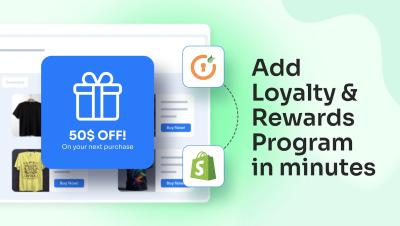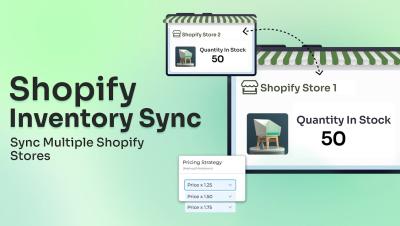How to Maintain Network Security During a NetSuite Implementation
NetSuite is one of the most secure Enterprise Resource Planning (ERP) software systems available, including multi-factor authentication and token-based application authentication. However, implementing NetSuite is often a long process that can entail numerous contractors and other parties working within your system. During the transfer and adjustment period, you must take extra care with your data security to ensure that everything is moved properly and no data is lost. Today, we'll explore how you can ensure that your data is safe during this critical transition period.











